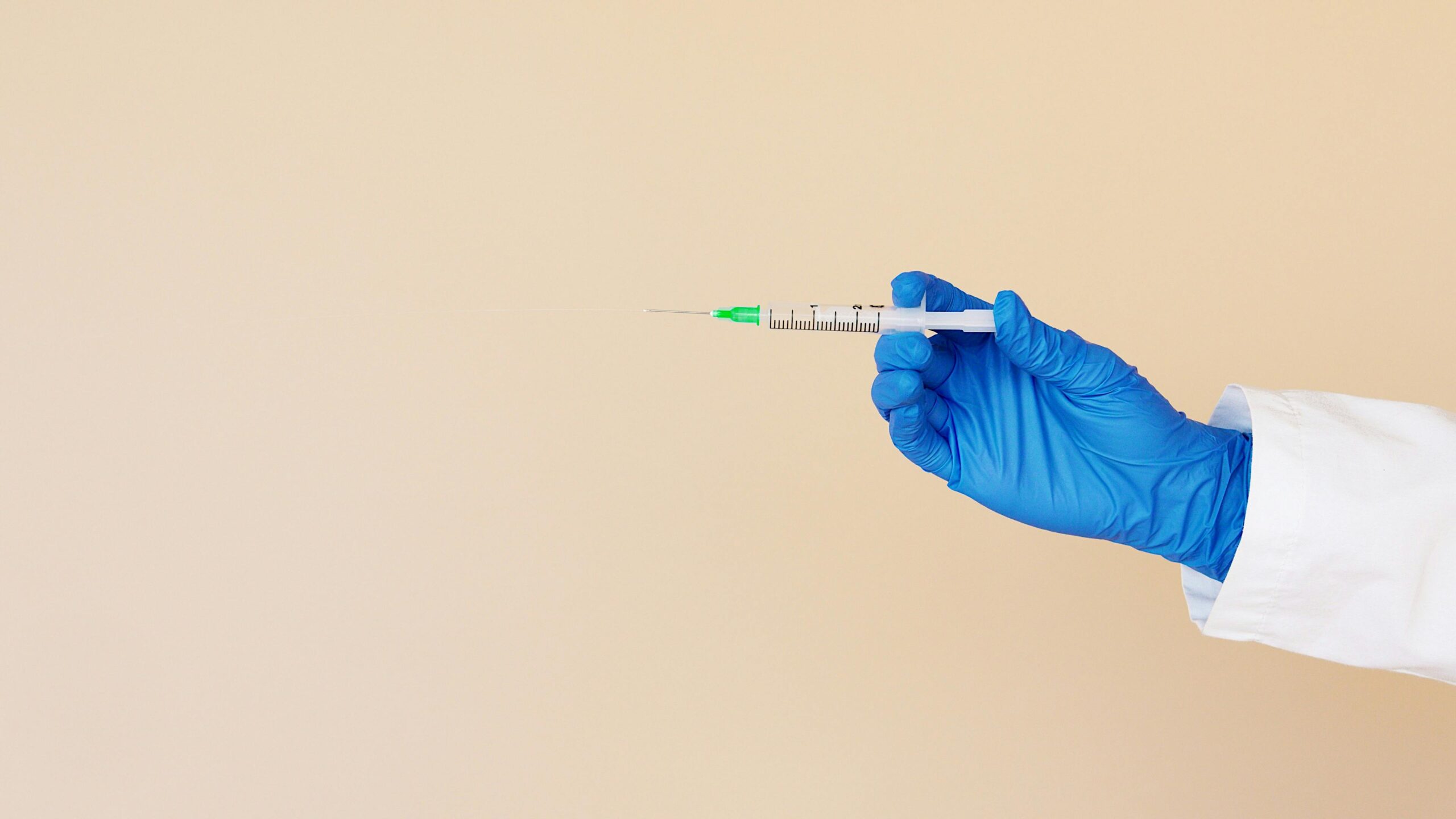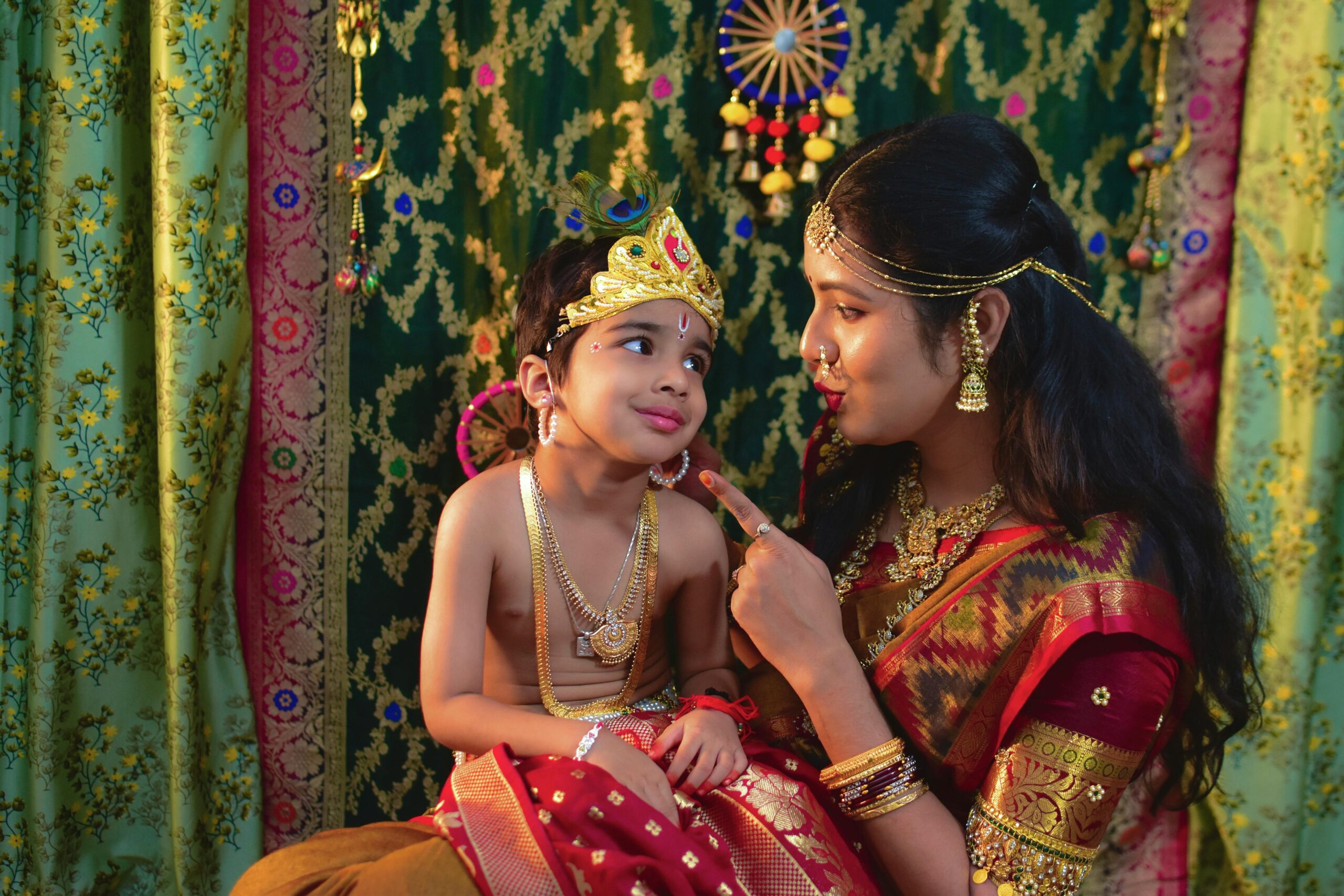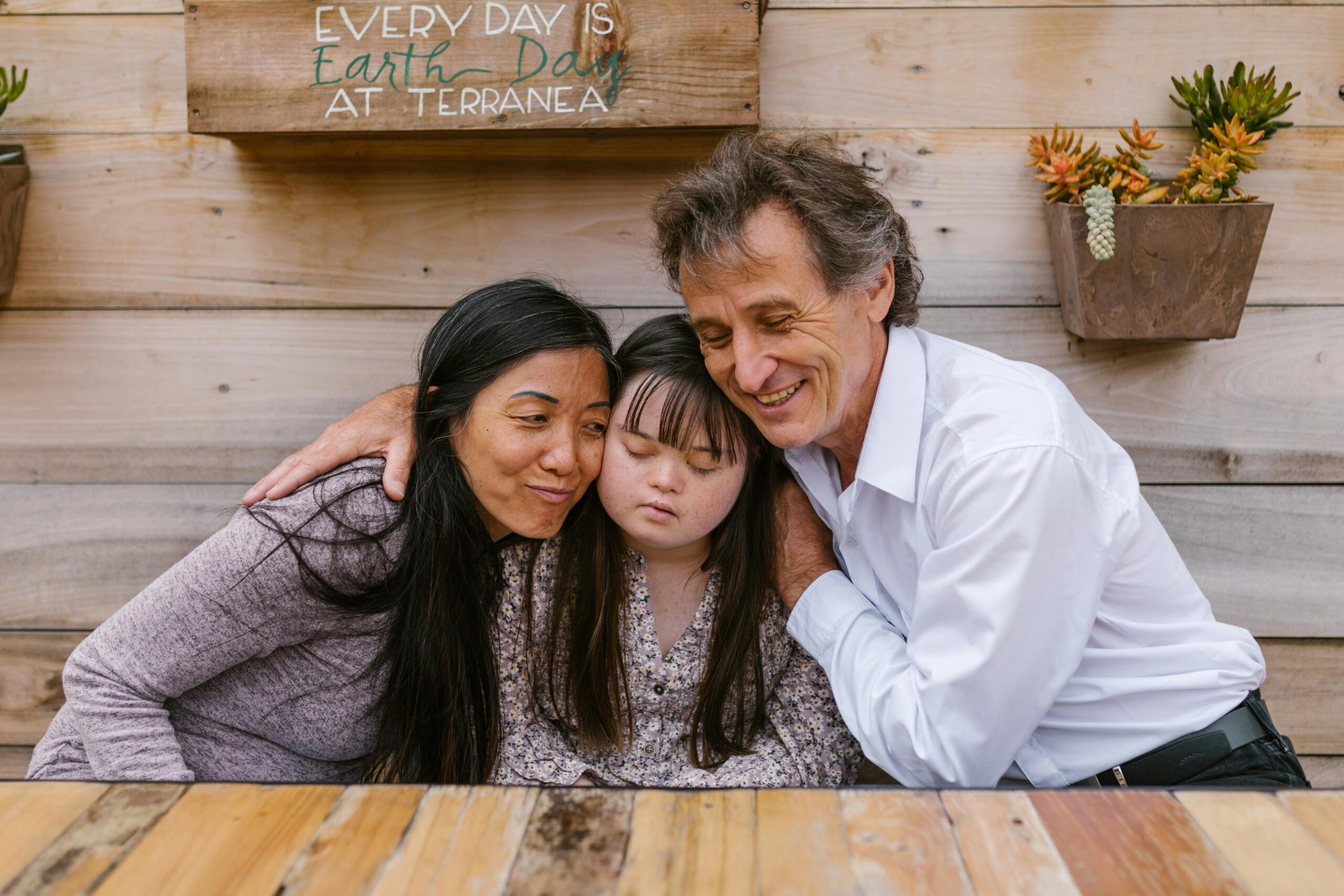As parents, we want to protect our children from illnesses, and one of the most effective ways to do so is by following the immunization schedule recommended by health authorities. Vaccination safeguards children from severe diseases, some of which can be life-threatening. In India, the National Immunization Schedule (NIS) and recommendations by the Indian Academy of Pediatrics (IAP) serve as essential guides for parents.
In this blog, we’ll walk you through the immunization schedule for Indian children, covering mandatory and optional vaccines, their benefits, and why staying up-to-date with vaccinations is crucial.
Importance of Immunization
Immunization is the process of protecting individuals from infectious diseases by administering vaccines. These vaccines stimulate the immune system to develop resistance against specific illnesses, preventing severe complications and outbreaks.
Why is Immunization Important?
- Prevents deadly diseases: Vaccines protect against diseases like polio, measles, tuberculosis, and hepatitis.
- Boosts herd immunity: When most children are vaccinated, it limits the spread of diseases.
- Reduces medical costs: Preventing diseases through vaccines is more cost-effective than treating them.
- Protects future generations: Successful immunization programs have eradicated diseases like smallpox globally.
National Immunization Schedule (NIS) for Indian Children
The Indian government provides a National Immunization Schedule (NIS) under the Universal Immunization Programme (UIP) to ensure that every child receives necessary vaccines free of cost. Here’s a breakdown of the schedule:
At Birth
- BCG (Bacillus Calmette-Guerin): Protects against tuberculosis.
- Hepatitis B (Birth dose): Prevents hepatitis B infection.
- OPV (Oral Polio Vaccine) – 0 dose: Provides initial protection against polio.
6 Weeks (1.5 Months)
- Pentavalent Vaccine (DPT, Hepatitis B, Hib): Protects against diphtheria, pertussis (whooping cough), tetanus, hepatitis B, and Haemophilus influenzae type b infections.
- Rotavirus Vaccine (1st dose): Prevents rotavirus diarrhea.
- PCV (Pneumococcal Conjugate Vaccine) – 1st dose: Protects against pneumonia and meningitis.
- IPV (Inactivated Polio Vaccine) – 1st dose: Provides additional polio protection.
10 Weeks (2.5 Months)
- Pentavalent Vaccine – 2nd dose
- Rotavirus Vaccine – 2nd dose
- PCV – 2nd dose
- IPV – 2nd dose
14 Weeks (3.5 Months)
- Pentavalent Vaccine – 3rd dose
- Rotavirus Vaccine – 3rd dose
- PCV – 3rd dose
- IPV – 3rd dose
6 Months
- Hepatitis B (3rd dose)
9 Months – 12 Months
- Measles-Rubella (MR) Vaccine – 1st dose
- JE Vaccine (Japanese Encephalitis – 1st dose) (for endemic areas)
12-15 Months
- PCV Booster
16-24 Months
- DPT Booster-1: Protects against diphtheria, pertussis, and tetanus.
- MR Vaccine – 2nd dose
- OPV Booster
- JE Vaccine – 2nd dose (for endemic areas)
5-6 Years
- DPT Booster-2
10 Years
- Td Vaccine (Tetanus and Diphtheria)
16 Years
- Td Vaccine (Tetanus and Diphtheria)
Additional Recommended Vaccines by the Indian Academy of Pediatrics (IAP)
While the government’s NIS covers essential vaccines, the Indian Academy of Pediatrics (IAP) recommends additional vaccines for broader protection:
- Hepatitis A (2 doses at 12-23 months): Protects against hepatitis A infection.
- Varicella (Chickenpox) (2 doses at 12-18 months and 4-6 years): Prevents chickenpox.
- Influenza (Annually after 6 months of age): Protects against flu.
- Typhoid Conjugate Vaccine (TCV) (1st dose at 9-12 months, booster at 2 years): Prevents typhoid fever.
- HPV Vaccine (9-14 years for girls and boys): Protects against cervical cancer and other HPV-related cancers.
Common Concerns About Vaccination
Parents often have concerns about vaccines. Let’s address some common questions:
1. Are vaccines safe?
Yes! Vaccines undergo rigorous testing and monitoring before they are approved. Side effects, if any, are usually mild, like fever or pain at the injection site.
2. Can vaccines cause autism?
No, there is no scientific evidence linking vaccines to autism.
3. What if my child misses a vaccine?
If your child misses a vaccine, consult your pediatrician. They will suggest a catch-up vaccination schedule to ensure your child is protected.
4. Are all vaccines free?
The vaccines under the National Immunization Schedule are free at government hospitals. Some additional vaccines recommended by pediatricians may need to be paid for.
5. Can sick children get vaccinated?
Mild illnesses (like cold or fever) usually don’t prevent vaccination. However, consult a doctor if your child is seriously unwell.
Tips for Parents to Keep Up with Immunization
- Keep a vaccination record: Maintain a baby’s immunization card to track vaccines.
- Set reminders: Use phone alarms or vaccination apps to remind you of due dates.
- Visit the same pediatrician: This helps in maintaining a consistent record.
- Stay updated: Follow trusted sources like the Ministry of Health and IAP for vaccine updates.
Conclusion
Vaccination is a critical step in ensuring your child’s health and well-being. Following the recommended immunization schedule for Indian children helps protect them from life-threatening diseases. As a parent, staying informed and proactive about your child’s immunization schedule is one of the best gifts you can give them—a healthy future!
If you have any concerns or doubts, always consult your pediatrician. Protect your child, protect the future!



